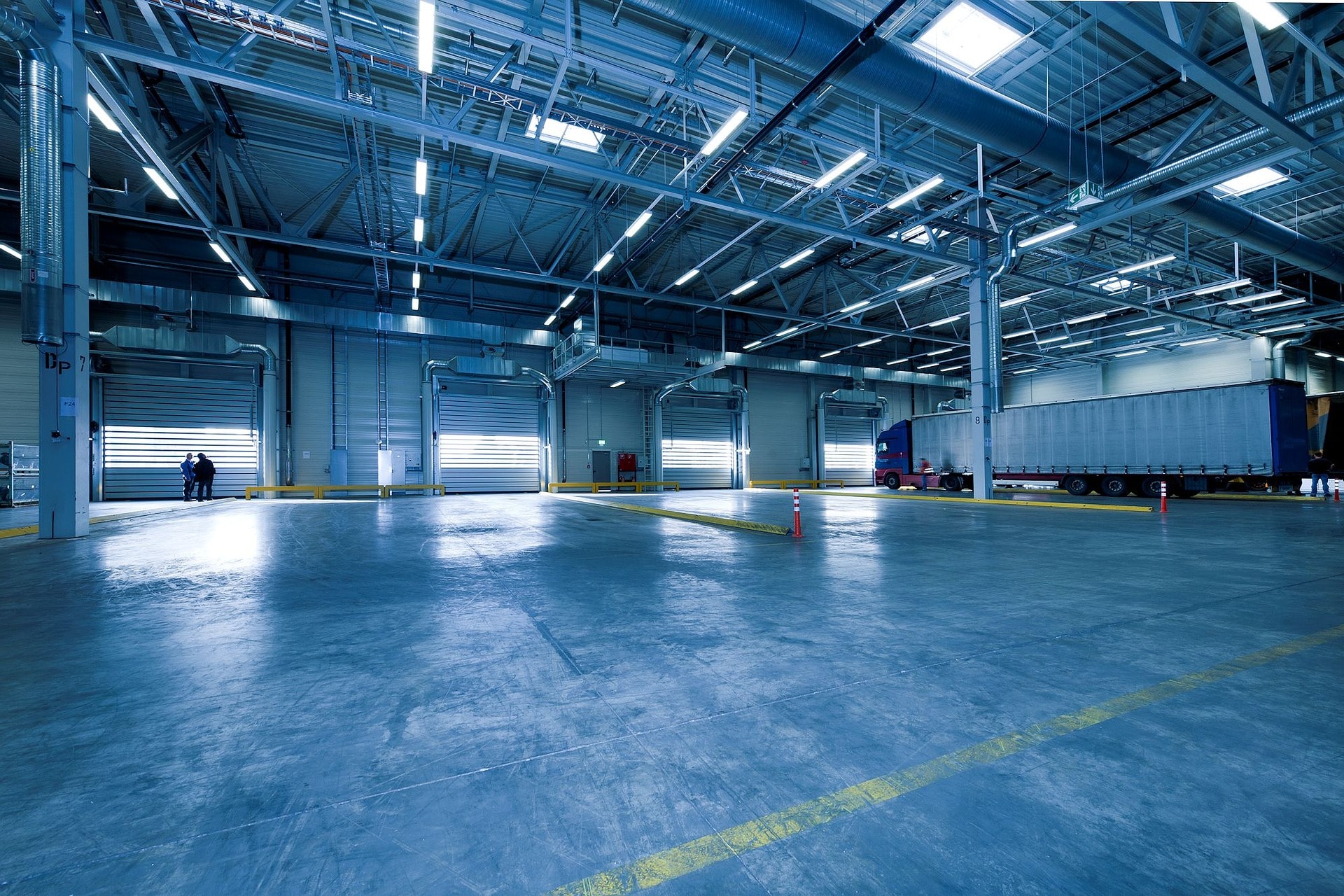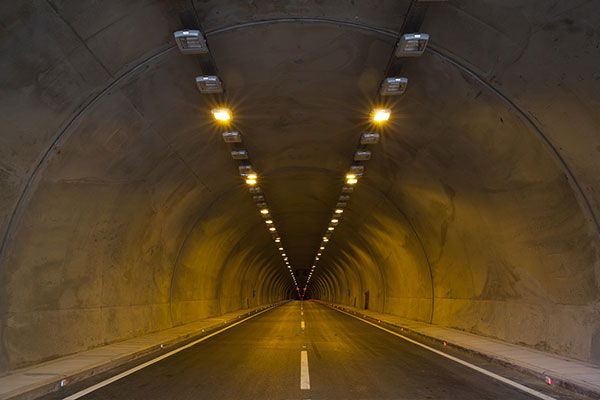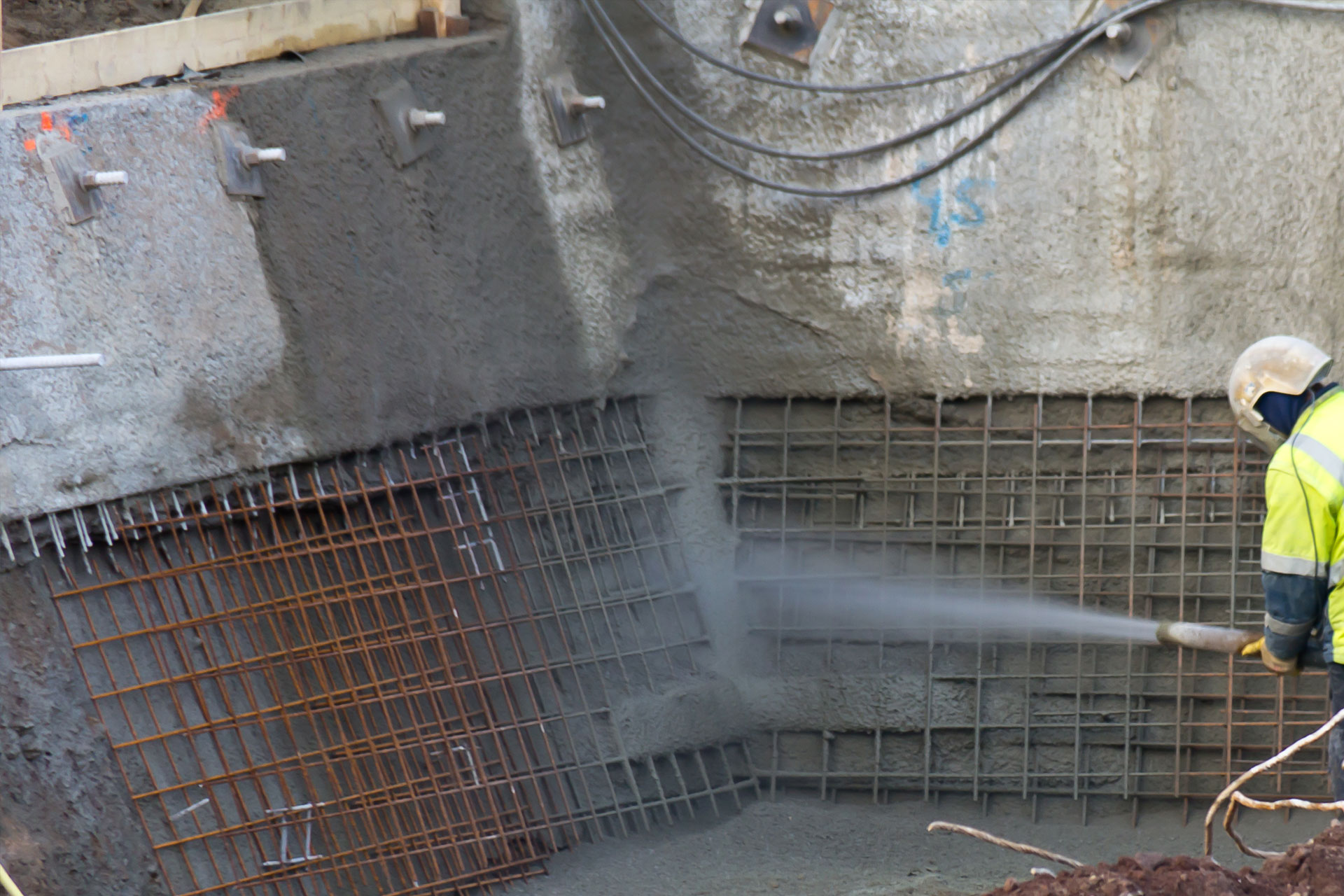Turbobuild Integral
Alkaline resistance after 0 days and after 360 days
The DBF GmbH has developed a method for producing alkaline-resistant basalt fibers. Those are chopped to the desirable lengths and mixed into the concrete. Alkaline-resistant chopped fibers, also called integral fibers are a milestone in the environmentally friendly reinforcement of concrete.
While producing integral fibers, basalt rovings are coated with an alkaline-resistant material and chopped. This alkaline-resistant coating also increases the adhesion between concrete and fiber. The fibers are delivered in the desired lengths from 4 mm to 60 mm.
Alkaline resistance after 0 days and after 365 days
The institute of construction materials (IBF) of the technical university of Dresden analyzed different samples with respect to their durability. The samples were exposed to an alkaline environment at 40 °C and at a pH-value of 13,5. After 365 days, the scanning electron microscope (SEM) showed no damage to the fiber surface.
Moreover, this specific coating had shown an outstanding adhesion in the concrete. Those findings are fundamental for the application of basalt fibers in the concrete industry and show an essential advantage over the present state-of-the-art.
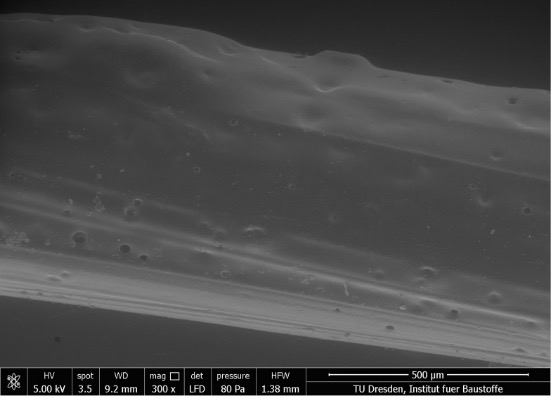
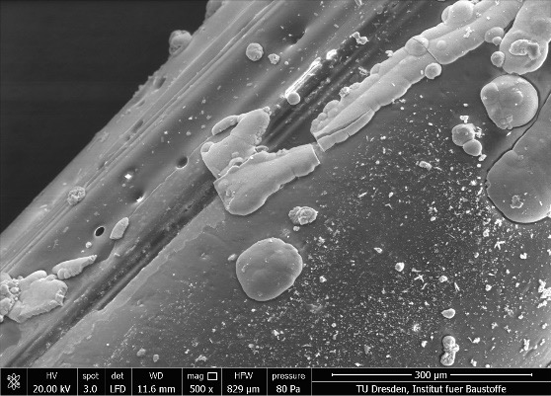
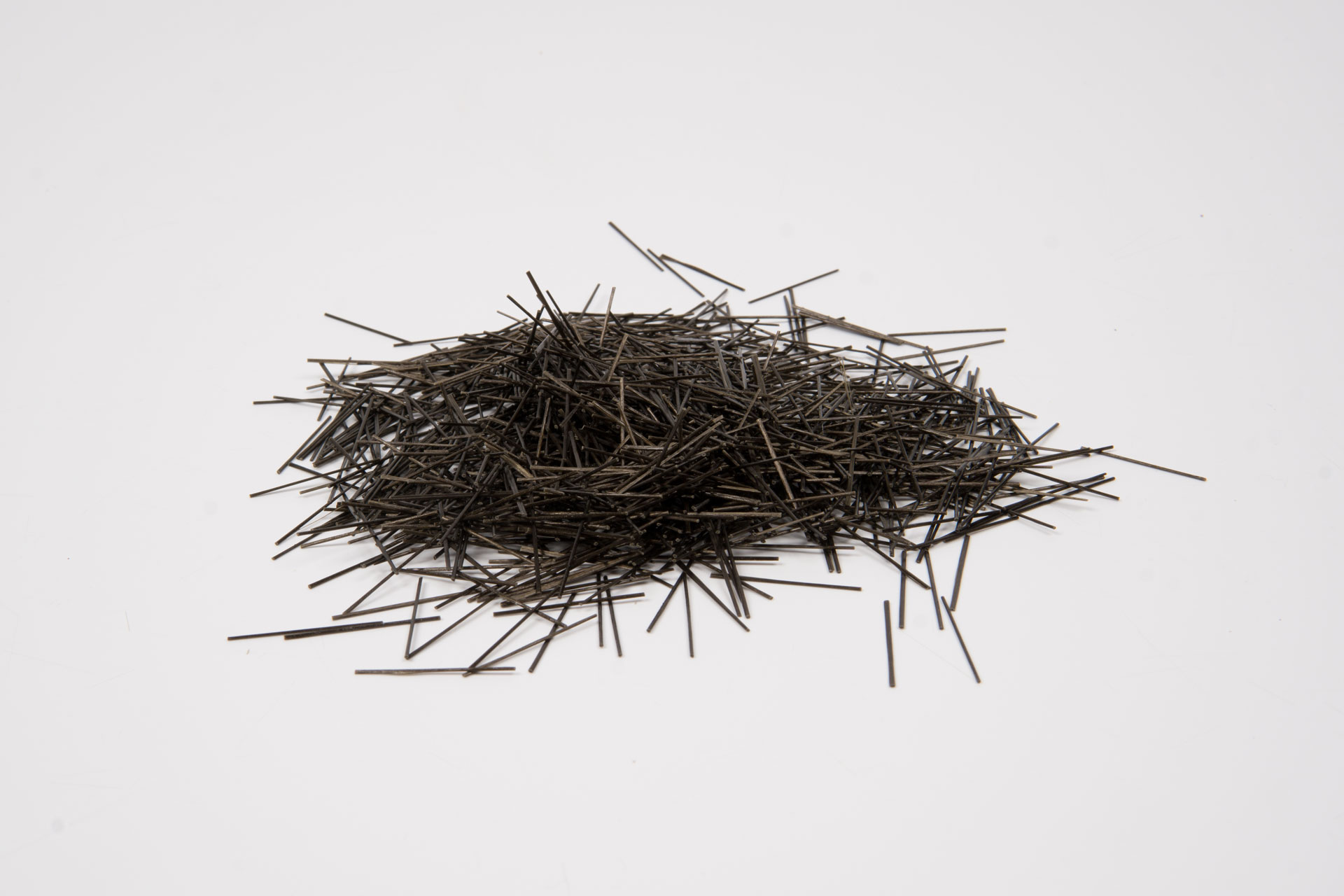
Turbobuild Integral
alkaline resistant basalt fibers
The DBF GmbH has developed a method for producing alkaline-resistant basalt fibers. Those are chopped to the desirable lengths and mixed into the concrete. Alkaline-resistant chopped fibers, also called integral fibers are a milestone in the environmentally friendly reinforcement of concrete. While producing integral fibers, basalt rovings are coated with an alkaline-resistant material and chopped. This alkaline-resistant coating also increases the adhesion between concrete and fiber. The fibers are delivered in the desired lengths from 4 mm to 60 mm.
Alkaline resistance after 0 days and after 365 days
The institute of construction materials (IBF) of the technical university of Dresden analyzed different samples with respect to their durability. The samples were exposed to an alkaline environment at 40 °C and at a pH-value of 13,5. After 365 days, the scanning electron microscope (SEM) showed no damage to the fiber surface. Moreover, this specific coating had shown an outstanding adhesion in the concrete. Those findings are fundamental for the application of basalt fibers in the concrete industry and show an essential advantage over the present state-of-the-art.


Between 20 and 30 kg/ m³ steel fibers are commonly added to the concrete. Steel fibers sometimes result in clumps and wear out the pumping equipment. When adding integral fibers to concrete, there is a homogeneous dispersion is expected since the densities of basalt fibers and concrete are very similar. The quantity of integral fibers added to the concrete is between 5 and 10 kg/m³
It is also beneficial to use integral fibers from the point of view of recycling. After the lifecycle of reinforced concrete materials has come to an end, steel and carbon fibers should be separated from the concrete. In case of basalt fibers, no separation is needed because the fibers are natural products made out of rock.
Advantages of Turbobuild Integral compared to steel
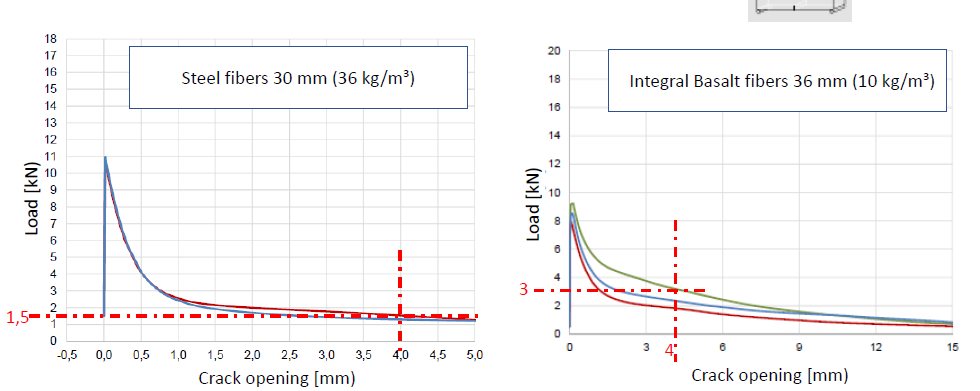
Turbobuild Integral:
Applications
Industrial flooring
Tunnels
Shotcrete
Other applications
Precast garages
Additional reinforcement in residential buildings
Are you interested in basalt fiber products?
Please contact us and we will gladly inform you about our products and supply you with further information.

